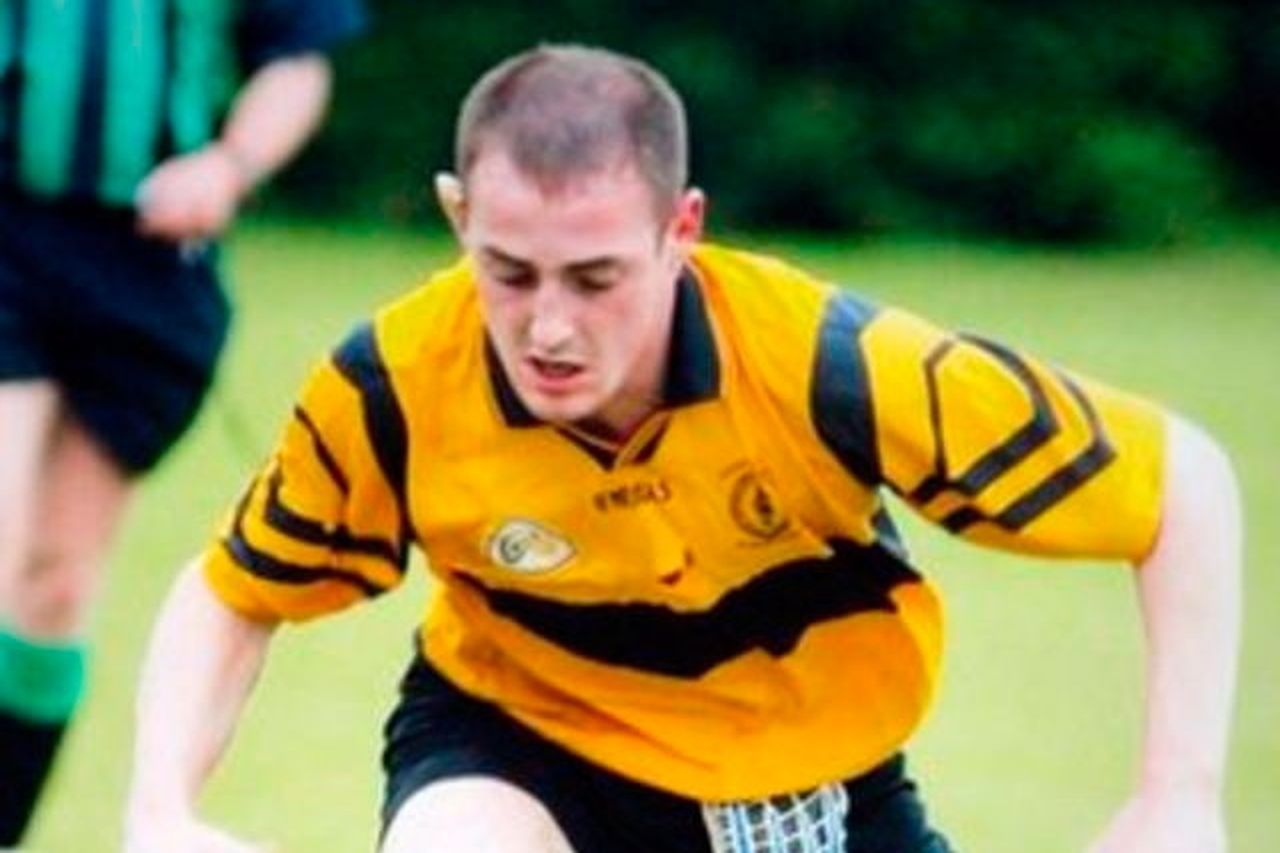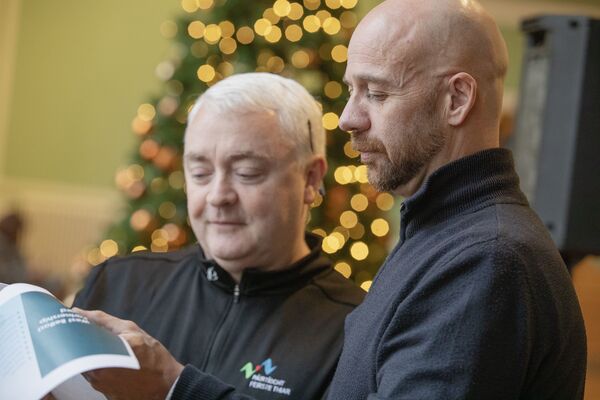THE Police Ombudsman has found that there were "significant failings" in the PSNI investigation into the murder of a North Belfast man 21 years ago.
Gerard Lawlor (19) was shot dead by loyalists shortly after midnight on July 22, 2002, as he walked along the Floral Road on his way home after a night out at the Bellevue Arms on the Antrim Road.
On the evening of July 21, there were five other gun attacks in North Belfast.
The first of the attacks was at 7.30pm when a Protestant man was shot while standing outside a house at Glenbryn Park, near the peace line. Although he was seriously injured, he survived.
Four further gun attacks took place that evening between 10pm and 11.25pm within a relatively small geographical area of North Belfast. On each occasion the victims were members of the Catholic community, leading the police to believe that the attacks were in retaliation for the attempted murder of the man at Glenbryn Park.
The sixth attack resulted in the murder of Gerard Lawlor, for which loyalist paramilitaries claimed responsibility.
No-one has ever been charged with or prosecuted for the murder of Mr Lawlor, who was the father of a 18-month year old son.
The Lawlor family made their complaint to the office of the Ombudsman in September 2004, raising concerns about the preventability of the murder, protection of informants and allegations of collusion, as well as how the PSNI investigation was conducted.
The Lawlor family in the Garden of Remembrance for Gerard Lawlor at a commemoration event last year 
The Police Ombudsman’s report details a series of investigative failings:
- A failure to document and develop a targeted covert/sensitive strategy with defined objectives for the purposes of the murder investigation.
- A failure to conduct searches, arrests and interviews in a timely manner as a result of which potential forensic and other evidence may have been lost.
- A failure to obtain all relevant telecommunications data.
- A failure to ensure the continuation of a dedicated Family Liaison Officer.
- A failure to establish clear communication lines and record all contacts in accordance with family liaison guidance applicable at the time.
- A failure to maintain and complete policy file/decisions.
- A failure to maintain CCTV viewing logs.
- A failure to link the murder with a series of sectarian attacks.
- A failure to fully consider the dissemination of all relevant intelligence to the Senior Investigating Officer.
Commenting on the outcome of her investigation, Police Ombudsman, Mrs Marie Anderson, said: “Sectarian tensions were high in North Belfast on the night of 21-22 July 2002 and although police resources were undoubtedly stretched, police and military patrols continued in interface areas that evening and both police and military vehicle checkpoints were also in place.
“My investigation found no evidence that police had prior information that Gerard Lawlor was going to be targeted, or that loyalist paramilitaries were planning an attack in the Floral Road area and I do not believe that an opportunity existed for police to prevent the murder.
“Initial police actions following the murder were conducted in a thorough and competent manner. Scenes were secured and forensically examined and police conducted extensive witness and CCTV enquiries in the vicinity of the murder scene, in addition to the route that Mr Lawlor took upon leaving the Bellevue Arms, and potential routes taken by the murderers before, and after, the attack.
“However, my investigation did find evidence of significant failings in aspects of the police investigation and, therefore, I have concluded that a number of the complaints, allegations and concerns made by the family about police actions and omissions are legitimate and justified”.
You can read the full Police Ombudsman report here.








